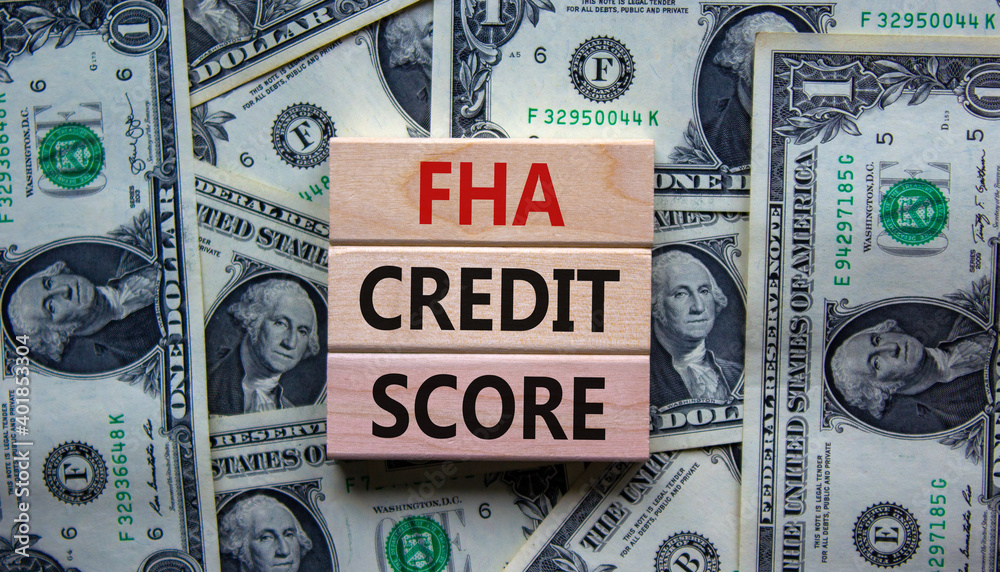If you’re thinking about an FHA loan, your credit score matters a lot, but maybe not in the way you expect. FHA loans are designed to help people who don’t have perfect credit, but good credit can still give you advantages. Below we’ll cover what FHA requires, how lenders often behave, and whether an FHA loan is still a smart move if your credit is already good.
What The FHA Requires
Here are the baseline credit score rules straight from FHA and lenders like Pennymac:
| Credit Score Range | Down Payment Requirement | Notes |
| 580 or higher | Minimum 3.5% down | This is the typical route for many FHA loans. |
| 500–579 | About 10% down | If your score falls here, expect a higher down payment. |
Also worth knowing:
- FHA itself allows borrowers with scores as low as 500, but many FHA-approved lenders require higher minimums, often 620 or more.
Debt-to-income ratio (DTI) matters. Even with a lower credit score, strong compensating factors such as steady income or savings may help. Lenders might allow DTI up to ~50% depending on the rest of your financial picture.
How Good Credit Changes Things
If your credit score is already solid (660-700+), an FHA loan might still be appealing, but there are trade-offs.
What you get with a higher credit score:
- Lower interest rates and fees
- More flexibility with things like debt-to-income ratios or savings requirements
- Easier access to the 3.5% down payment option
Where you might not get as much value from FHA:
- Mortgage Insurance Premiums (MIP). FHA loans require both an upfront premium and ongoing monthly premiums, which can add up over time.
- Conventional loans may be cheaper if you qualify, especially since private mortgage insurance (PMI) can eventually fall off, unlike FHA’s MIP in many cases.
So is FHA Worth It If You Have Good Credit?
Yes, in many cases. But whether it’s the best option depends on your full financial picture. A Good Mortgage Professional can help lay out the options.
- Compare the full cost. Look at interest rates, mortgage insurance, and fees.
- Check conventional loan options. With higher credit, conventional may edge out FHA on cost.
- Think about timing. If you’ll sell in a few years, FHA’s lower entry costs might make sense. If you’ll stay longer, conventional might save you more in the long run.
- Look for down payment assistance programs (DPA). These can stack with FHA or conventional, depending on where you live. Your Mortgage Professional will most likely know the right DPA program for you.
Tips If Your Credit Isn’t Perfect (But You Want FHA)
- Raise your score even a little by paying down credit cards or keeping balances low.
- Keep debt-to-income in check, since FHA pays close attention to that.
- Ask lenders if they’ll consider alternative credit histories, like rent or utility payments
- Shop around. Every lender has their own take on FHA requirements.
In Summary
FHA loans are powerful tools, especially if your credit isn’t perfect or you don’t have a large down payment. But if you already have strong credit, it’s worth comparing FHA with conventional loans to see which option makes the most financial sense for you.
And if your credit isn’t where you’d like it to be yet, there are ways to get there. That’s where Kikoff can help. With tools designed to build and strengthen your credit, Kikoff makes it easier to reach the scores that open more doors, whether that’s qualifying for FHA, lowering your costs, or eventually moving into a conventional loan.



